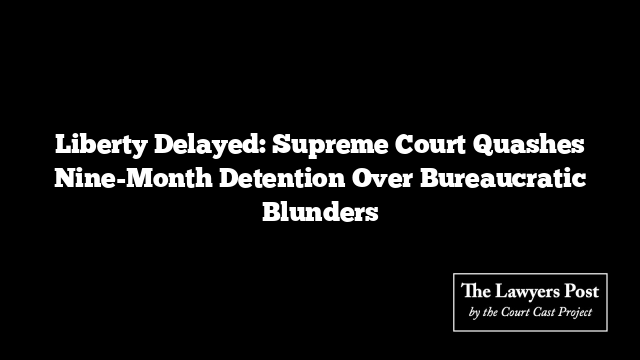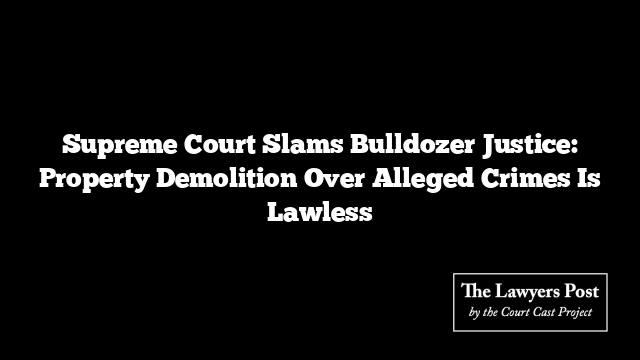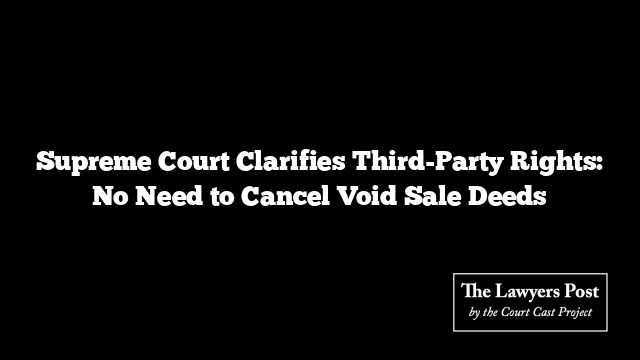In a landmark ruling, the Supreme Court of India overturned the nine-month preventive detention of Appisseril Kochu Mohammed Shaji, denouncing the negligence of jail authorities in handling his right to representation. The Court condemned the nine-month delay in forwarding Shaji’s representation and the failure to provide key materials necessary for his defense, labeling the jail’s actions as “casual” and “callous.”
Shaji had been detained under the Conservation of Foreign Exchange and Prevention of Smuggling Activities Act (COFEPOSA) in August 2023, accused of engaging in illegal currency dealings. Despite the seriousness of the charges, the prison authorities sent his representation through ordinary post, which never reached the detaining authorities or the Central Government. The Supreme Court criticized this outdated method, emphasizing that email could have ensured a timely response.
Further complicating matters, the Kerala High Court had upheld Shaji’s detention, forcing his wife to file a habeas corpus petition. Upon reviewing the case, the Supreme Court discovered delays of up to 27 days by both the Central Government and the Detaining Authority in addressing the representation, despite its eventual delivery via email in June 2024. This mismanagement led the Supreme Court to set aside the detention orders.
The ruling serves as a powerful reminder that personal liberty, even under preventive detention laws, must not be subjected to bureaucratic inefficiency. The Supreme Court reiterated that jail authorities have a constitutional obligation to expedite representations in such cases. “Each day’s delay matters,” the justices emphasized, underscoring the fundamental right to speedy and fair adjudication under Article 22(5) of the Indian Constitution.
Additionally, the Court highlighted a key legal principle regarding the material used for detention. The detaining authority had relied on statements from a third party, Pretha Pradeep, which were never supplied to Shaji, violating his constitutional right to make an effective representation. The Court rejected the argument that excluding these statements would not have affected the decision and stressed that critical documents forming the basis of detention must be provided to the detainee.
Ultimately, this ruling calls for a higher standard of accountability in cases involving personal liberty. It reaffirms that while preventive detention is legally permitted, authorities must adhere strictly to constitutional safeguards, ensuring that individuals’ rights are protected against arbitrary and prolonged detention.





